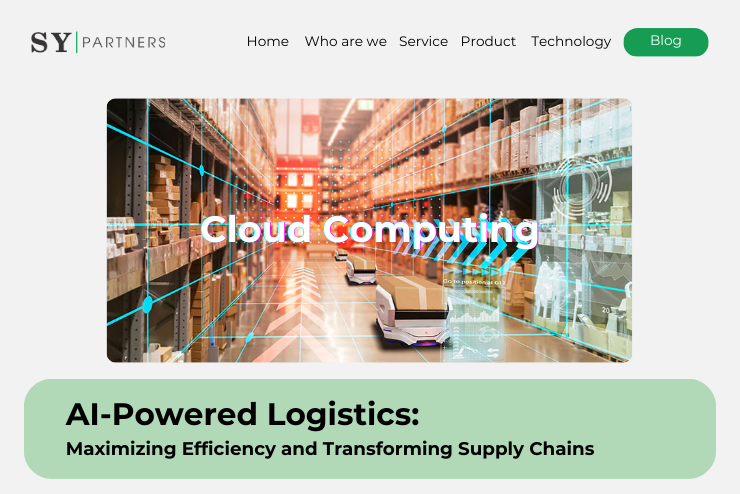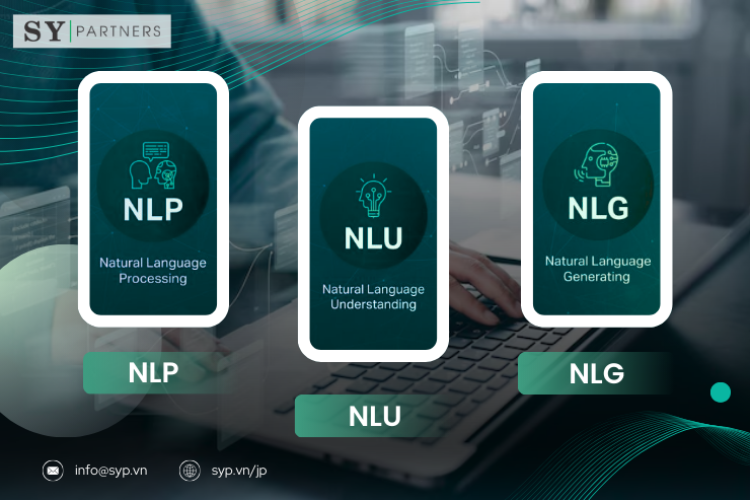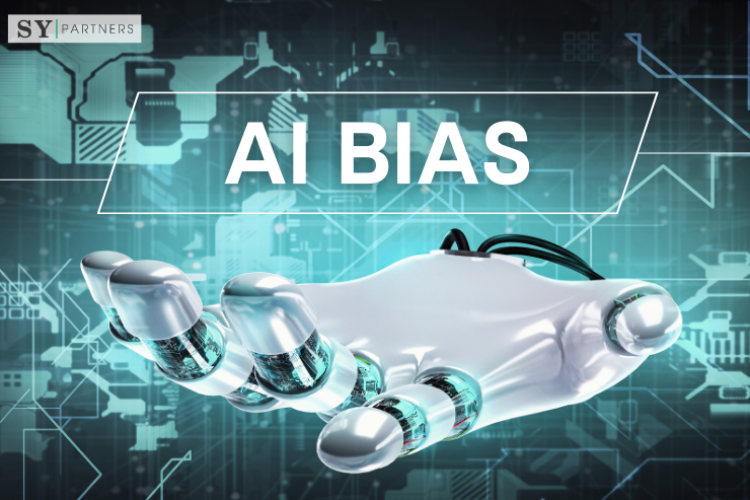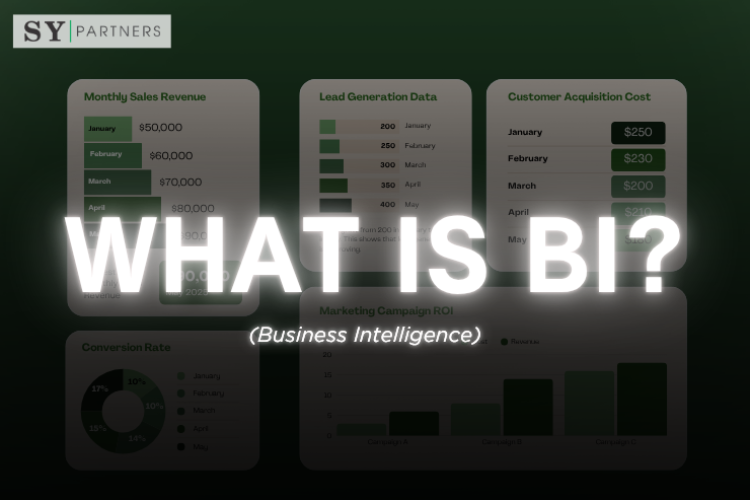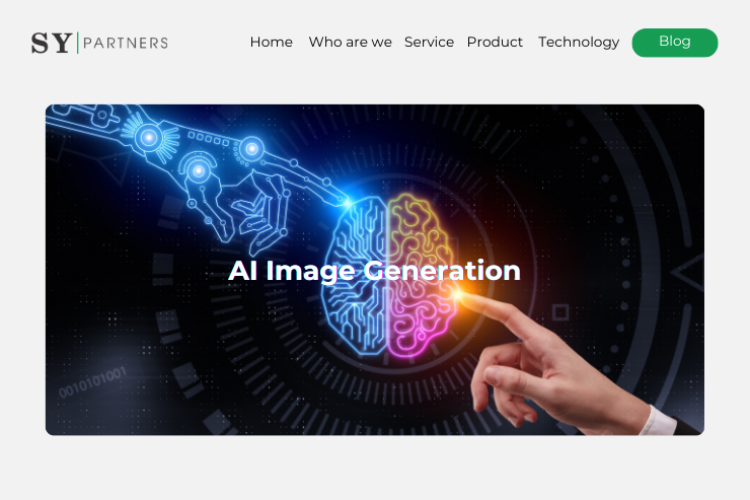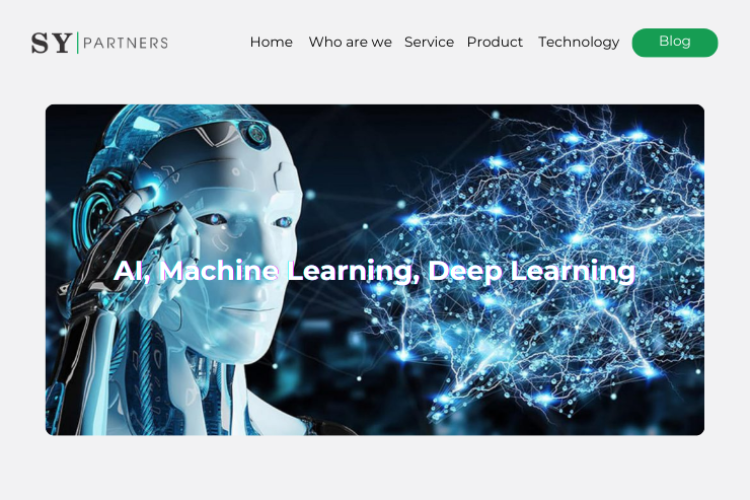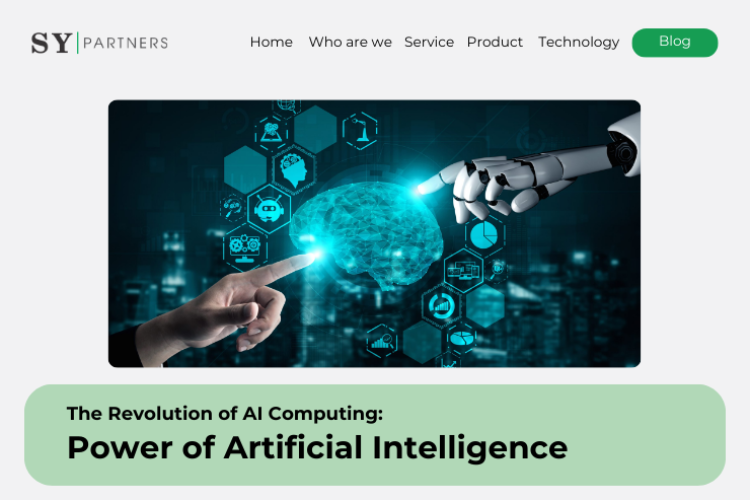AI-Powered Logistics: Maximizing Efficiency and Transforming Supply Chains
In today's fast-paced world, the logistics industry plays a vital role in facilitating global trade and ensuring the smooth movement of goods. With the advent of artificial intelligence (AI), logistics companies now have a powerful tool at their disposal to enhance efficiency, optimize operations, and deliver superior customer experiences. This article explores the various ways AI is transforming the logistics landscape and revolutionizing the industry.
1. Demand Forecasting and Planning
Accurate demand forecasting is crucial for logistics companies to optimize their supply chain operations. AI algorithms can analyze vast amounts of historical data, market trends, and external factors to predict demand patterns with remarkable accuracy. By leveraging machine learning techniques, logistics providers can make informed decisions regarding inventory management, resource allocation, and route planning, leading to reduced costs and improved customer satisfaction.
2. Route Optimization and Fleet Management
AI-powered route optimization algorithms have the potential to revolutionize the way logistics companies manage their fleets. By considering factors such as traffic conditions, weather data, and real-time updates, AI systems can determine the most efficient routes for deliveries, minimizing fuel consumption and reducing transportation costs. Additionally, AI can facilitate proactive fleet management by monitoring vehicle health, predicting maintenance needs, and optimizing driver schedules.
3. Warehouse Automation
Traditionally, warehouse operations have been labor-intensive and prone to errors. However, AI technologies, such as robotic process automation (RPA) and computer vision, are transforming warehouses into highly efficient and automated spaces. AI-powered robots can perform tasks like picking, packing, and sorting with speed and precision, reducing human error and increasing productivity. Computer vision systems can also enhance inventory management by accurately tracking stock levels, improving stock visibility, and minimizing stockouts.
4. Last-Mile Delivery Optimization
The "last mile" of delivery is often the most challenging and costly part of the logistics process. However, AI is revolutionizing last-mile delivery by enabling innovative solutions such as delivery drones and autonomous vehicles. AI algorithms can optimize delivery routes in real-time, considering factors like traffic congestion and customer preferences. By employing AI-powered delivery solutions, logistics companies can reduce delivery times, increase efficiency, and offer customers greater convenience.
Conclusion
Risk Management and Supply Chain Resilience: Disruptions in the supply chain can have far-reaching consequences for logistics companies. AI can help mitigate risks and enhance supply chain resilience by analyzing vast amounts of data to identify potential bottlenecks, vulnerabilities, and alternative sourcing options.
AI-powered predictive analytics can also enable proactive risk management, allowing logistics companies to anticipate and mitigate potential disruptions, such as natural disasters or geopolitical events.


 EN
EN JP
JP KR
KR